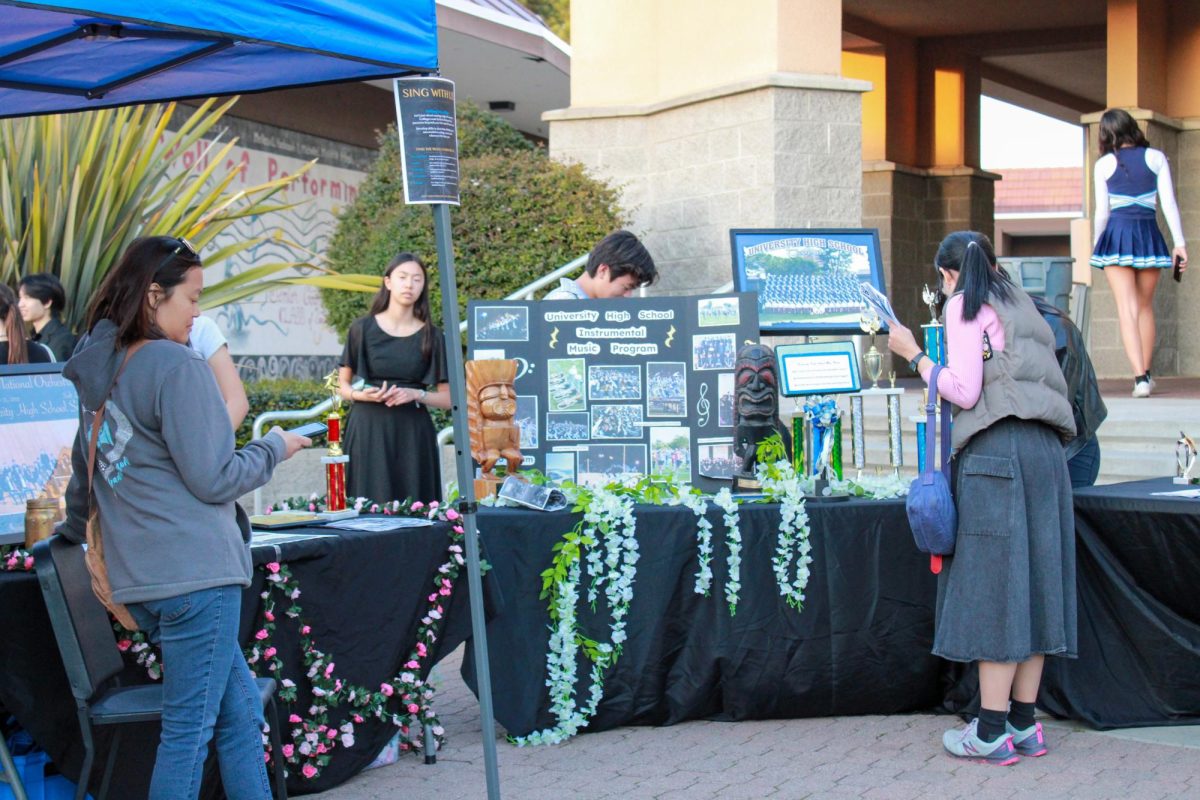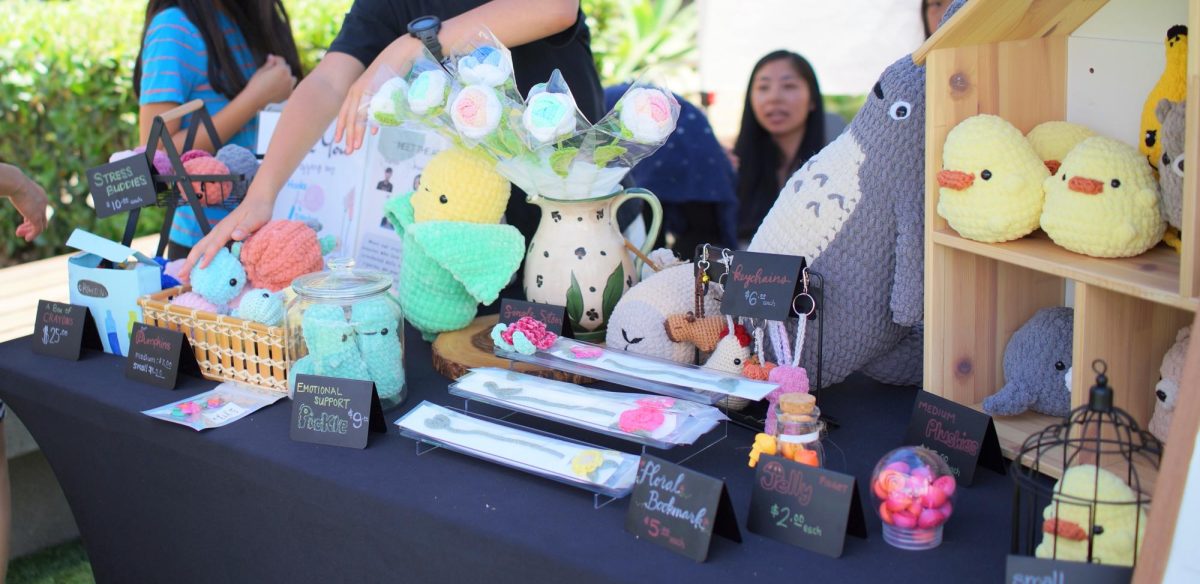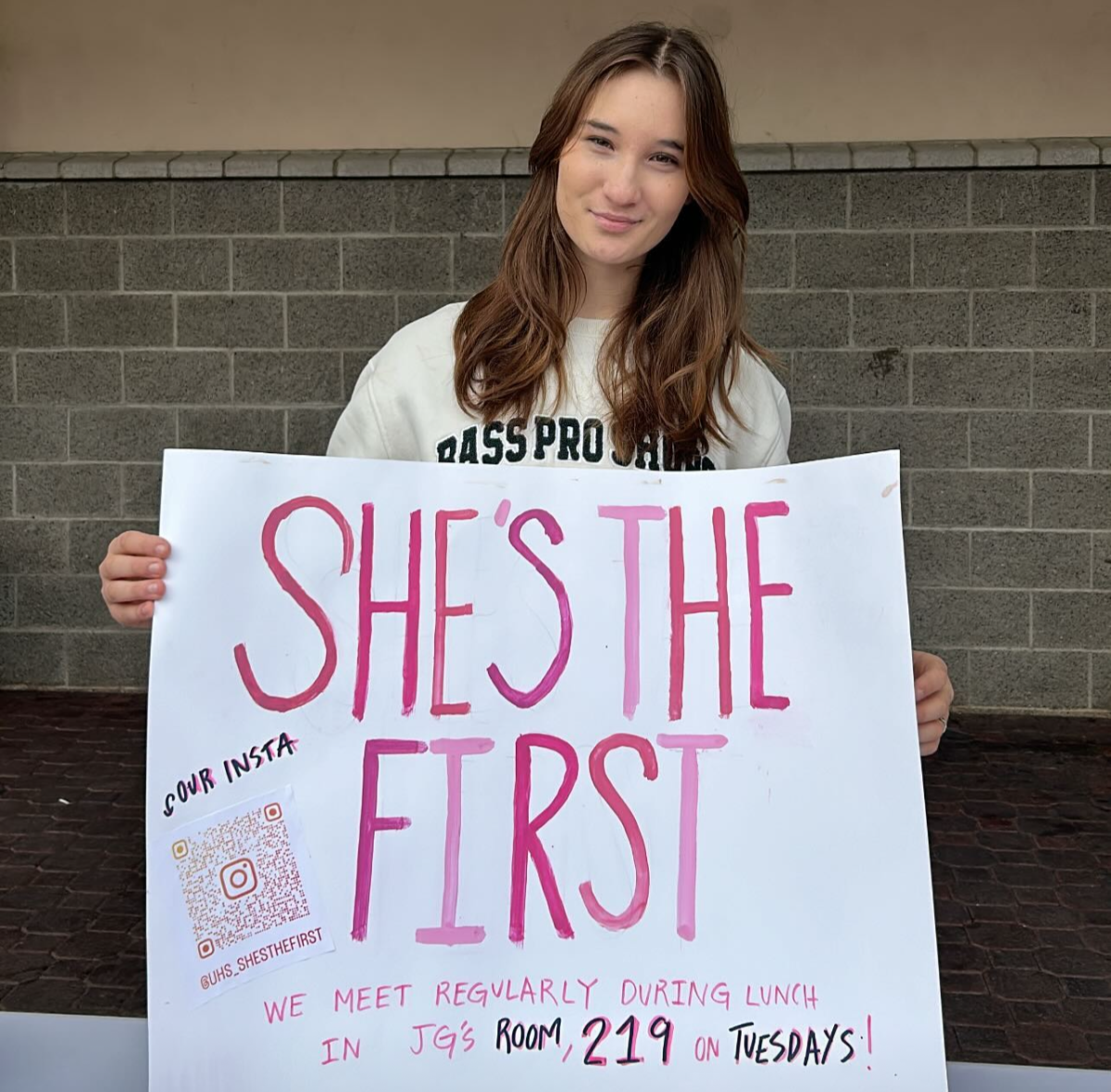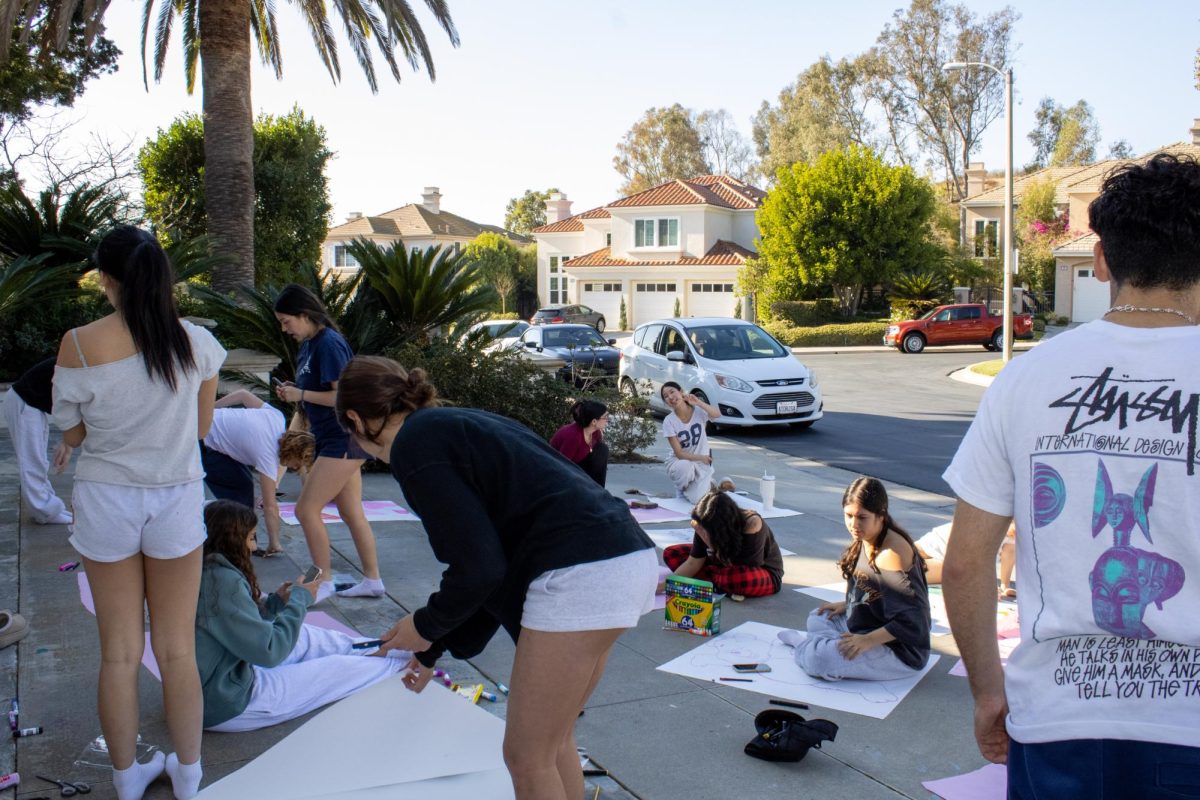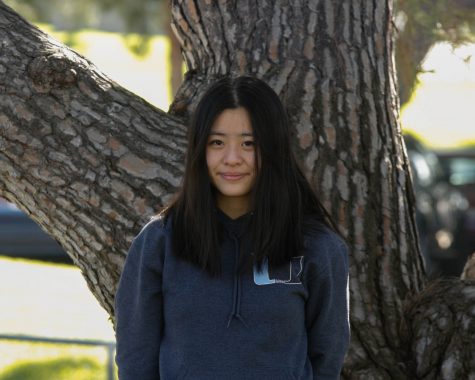
Various student-led organizations have publicized themselves through social media (Radhika Trivedi).
As we watch the country fall into the deepest health crisis since the 2009 H1N1 swine flu, our communities seem to feel powerless against the growing cases. As we remain confined within the limits of our household, the hardest aspect of seclusion is a lack of communication. Additionally, research is still preliminary, and generally speaking, a lack of knowledge can make us feel so much more vulnerable.
However, social distancing does not mean social isolation, and community service and support organizations remain as crucial now than ever, especially among the youth. Students across the nation have done their best to alleviate problems they have discovered during these uncertain times, and many of our own students at UHS have started their own organizations in hopes of creating an impact.
Despite the ethics of quarantine that often include drastically feared and detested measures, this period of isolation has also given students the opportunity to reflect on their daily lives and how to improve the world around them, namingly the community they grew up in.
“I started Ask Us Another during quarantine after tutoring a middle school student who recently came from China,” said junior Sophia Wang, the founder of the club Ask Us Another. “Coming from an immigrant background myself, I wanted to help other chinese immigrant students and provide them with the necessary resources for success.”
Sophia started her nonprofit over the summer, aiming to help chinese immigrant students navigate smoothly through their academic career. Since then, Ask Us Another has hosted weekly summer tutoring sessions with younger children, hoping to create bilingual educational resources.
For many of these student-led organizations, the hardest part is maintaining consistent and effective productivity. As the school year progresses, many of these nonprofits, mostly led by juniors and seniors, feel the need to sit back and contemplate the academic pressure and the time it takes to manage an organization. Luckily, teams of students are dedicated to their nonprofits, and no one has to carry the weight of the burden by themselves.
“As a junior, I am a bit worried about balancing academics, extracurriculars, and this project specifically,” said Sophia. “But I am glad to have a team of brilliant students who have my back and will push the project to success together.”
Amid the reports on how the pandemic will reshape our lives, the restrictions on leaving home and one-to-one interactions have been reduced to a few short greetings. Most of these organizations might not have been founded if it weren’t for COVID-19, but many of these student-led projects have struggled with communication and outreach in this new norm.
“The hardest part of starting this chapter is [that] communication and collaboration between the board and I are difficult,” said junior Rita Davda, who runs an Irvine chapter of Girls Will Stay, a STEM initiative based in Canada aimed to bridge the gap in gender disparities. “However, through dedication and the willingness to work harder, we [hope] to effectively communicate and run this chapter together.”
Hundreds of these student-led organizations—similar to the ones UHS students have created—constantly pop up on students’ social media pages, but often, many of these accounts seem to bleed into one another. With the same goals, sometimes it’s hard for these student nonprofits to differentiate themselves.
When starting their projects, some of our students have had to reflect on the aspects of their project that separate them from the hundreds of other organizations with similar goals and aspirations.
Another example of these organizations is Athenaeum, a student-run magazine with a community within the staff and readers. Athenaeum was started as a way to amplify the voices of the younger generation by generating a platform where they could have their written and artistic works published. There aren’t as many writing opportunities available to experiment with freeform writing so the founders of Athenaeum wanted it to serve as a way for students to connect with one another and empower one another while separated by COVID-19.
Despite the challenges of running an organization as high school students and the uncertainty over the last few months, these students are all very grateful that they took the initiative and learned from the experience.
More than anything, these students have taken the measures towards improving their communities one step at a time, and these initiatives aimed towards a better future are exactly what we need during these months of uncertainty.




